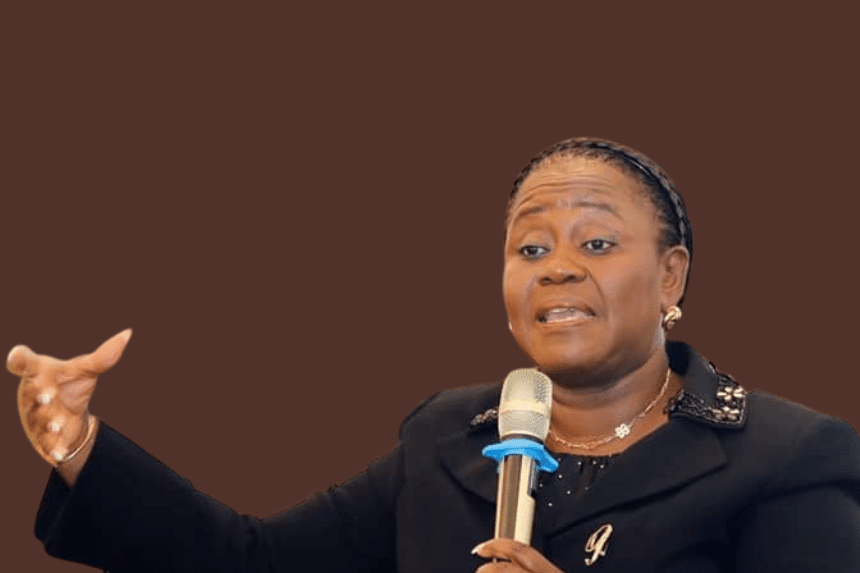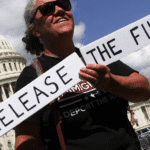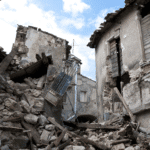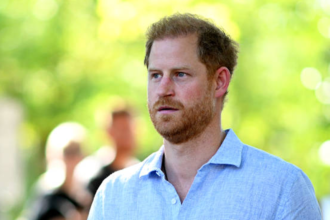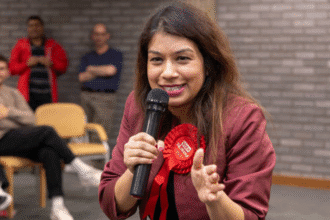President John Mahama has officially removed Gertrude Torkornoo from her job as Ghana’s Chief Justice. This was done after a presidential inquiry recommended it. After a long inquiry investigating claims of financial wrongdoing and misuse of power, the decision was made. Justice Torkornoo has been banned since April and has rejected all the charges, saying they are politically motivated. Even though she defended herself, a commission chosen by the president found enough evidence of “stated misbehavior” to fire her from both the Chief Justice position and the Supreme Court bench.
The decision is the first time that a sitting Chief Justice of Ghana has been ousted in this way. Even though it was lawful, the move provoked a widespread debate about the independence of the courts and the growing power of the government over the courts.
What made the Chief Justice leave?
Three distinct petitions accusing Gertrude Torkornoo of wrongdoing started the process. The main petitioner, Daniel Ofori, had almost 10,000 pages of documents analyzed and heard from 13 witnesses. Justice Torkornoo also spoke in her own defense, presenting 12 witnesses, some of whom were legal specialists.
The investigation found that she had utilized public money for two trips abroad: one to Tanzania with her husband and another to the U.S. with her daughter. In both occasions, it is said that public funds paid for her family’s travel and other expenses. Here is the link to our article on Bangladesh Corruption Allegations.
Were there any additional claims of wrongdoing?
Yes. The investigation also looked into charges that the Chief Justice of Ghana had interfered with judicial nominations by not following the rules. She was also accused of abusing her power when she moved a court staffer, which raised more questions about whether she was following the law and doing the right thing.
Even though two of the three petitions are still open, the investigation that was done was enough to have her fired. Torkornoo’s lawyers have rejected the conclusions, saying that the procedure wasn’t fair and was motivated by politics.
What does this signify for Ghana’s courts?
The dismissal has raised red flags among lawyers and civil society. Some people say that it threatens the constitutional security of judges’ jobs and could make the judiciary less independent. Some people are worried that the executive branch will now have more power over court judgments because it can use similar petitions to go after judges.
Alfred Tuah-Yeboah, a former Deputy Attorney General, called the move a “dangerous precedent” and questioned the evidence used to fire Torkornoo’s credibility and sufficiency. Here is the link to our article on the Sánchez Corruption Scandal.
What are lawyers saying?
Groups that work for the law, such as the Africa Centre for Law and Accountability, have asked for changes to the way judges are removed from office. William Nyarko, the Executive Director, pointed out that the phrase “stated misbehavior” is not very clear in Ghanaian law and could be used for political gain.
Nyarko said that Kenya is a better example since the process starts with the Judicial Service Commission, which keeps the judiciary and the executive separate.
Is it possible for the former Chief Justice to appeal the decision?
Yes, Justice Torkornoo can still go to court to fight her removal. Legal experts, on the other hand, say that the chances of a good conclusion are low because of the political situation and past court decisions on the issue. She had tried to stop the process with lawsuits before, but they didn’t work, and her many attempts to stop her suspension were also turned down.
Still, the case has sparked a bigger discussion about Ghana’s democratic system’s checks and balances and the necessity to make the legal reasons for firing high-ranking judges clear right away.
Final Thoughts
The removal of the Ghana Chief Justice has enormous effects on the future of the country’s judicial independence. The government did what the Constitution said it could do, but this decision could make people less likely to trust the legal system. The country is at a crucial point in redefining the balance of power amongst its political institutions as calls for reform grow louder.


